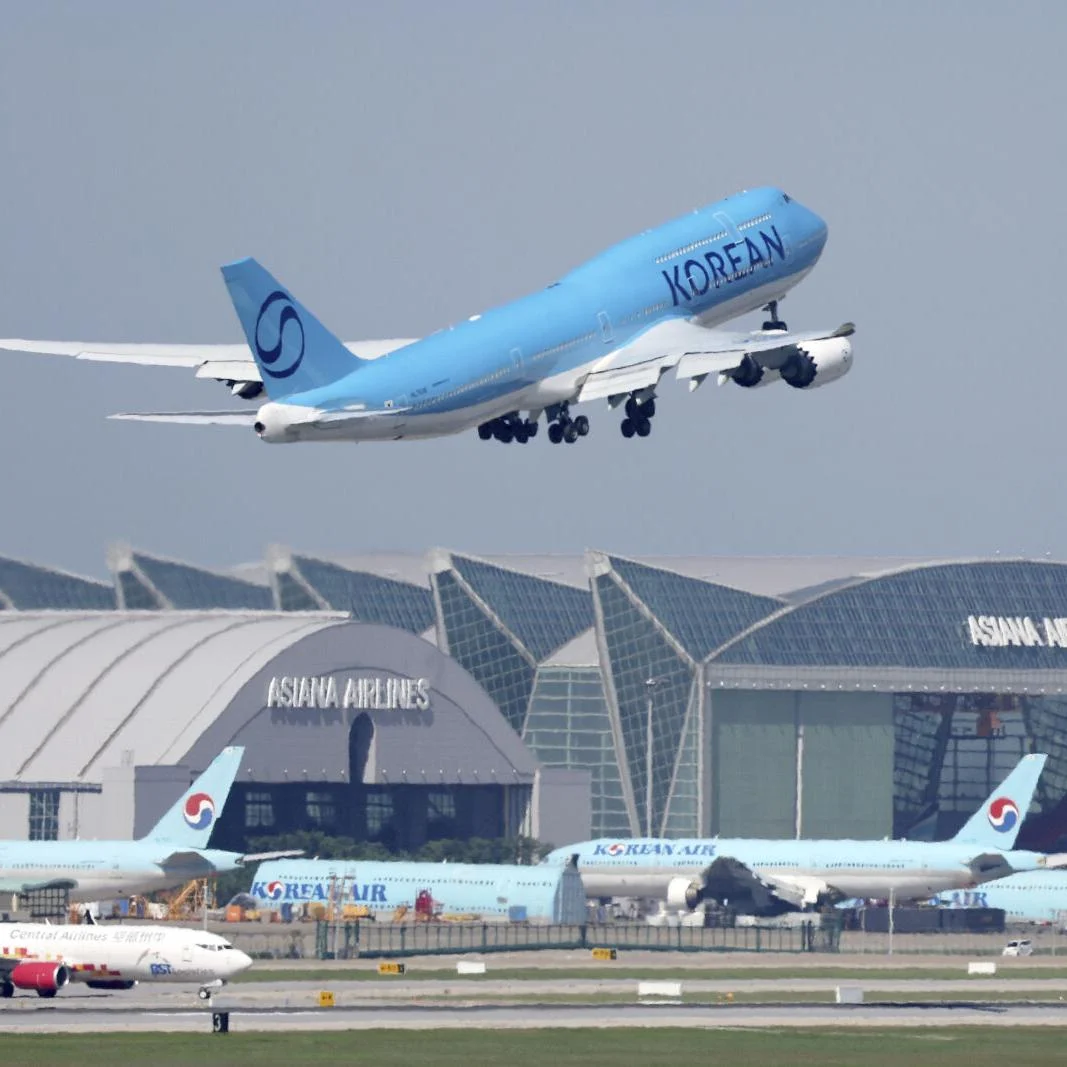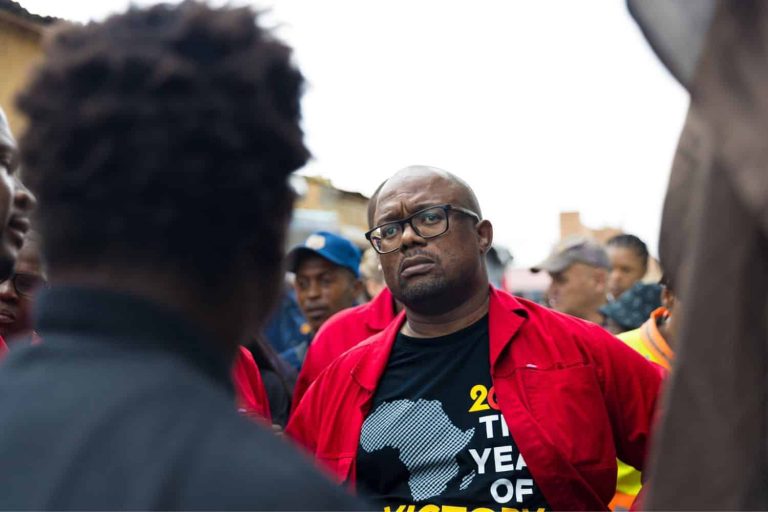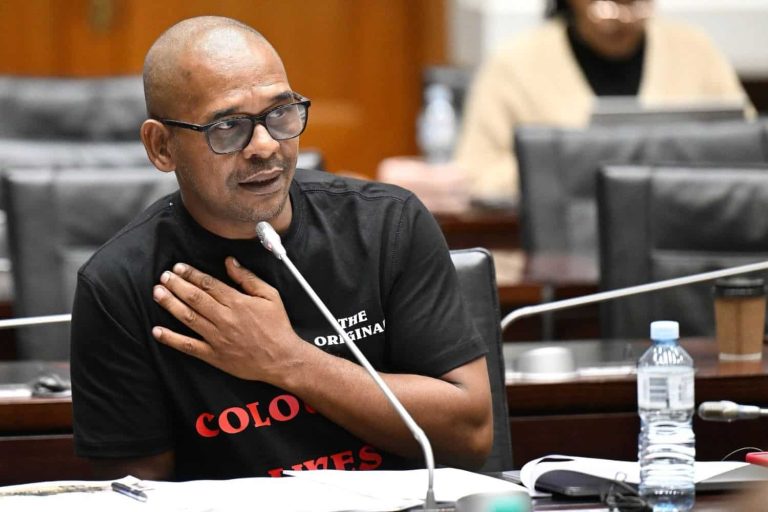
South Korea has dispatched a chartered Korean Air jet to the United States to repatriate hundreds of its nationals detained during a large-scale immigration raid at a Hyundai-LG battery plant construction site in Georgia.
The raid, which US immigration authorities described as the largest single-site operation under President Donald Trump’s immigration crackdown, saw South Koreans make up the majority of those arrested.
A Korean Air Boeing 747-8I, capable of seating more than 350 passengers, departed Incheon International Airport at around 10:20 am local time Wednesday, the airline confirmed. Footage of the jet’s take-off was broadcast live on South Korean television.
While the timeline for the return flight has not been finalized, Yonhap News Agency, citing diplomatic sources, reported the plane is scheduled to depart the US with the workers at 3:30 am Thursday (1830 GMT Wednesday).
South Korea’s Foreign Minister, Cho Hyun, who traveled to Washington earlier this week, has been spearheading negotiations. He described the detentions as a “grave situation” and pledged to secure the workers’ swift and safe return.
“I can tell you that negotiations are going well. A tentative agreement has been reached to ensure the detained workers will not face penalties such as a five-year ban on re-entry,” Cho told lawmakers in Seoul before his departure.
The raid took place at a $4.3 billion joint venture facility between Hyundai and LG Energy Solution, intended to produce advanced battery cells for the US auto industry.
Experts believe many of the detained South Koreans were on visas that did not authorize manual construction work, raising questions about labor practices at foreign-led projects in the US.
The incident has diplomatic weight, given that South Korea is not only a key US security ally, but also the fourth-largest economy in Asia, with deep investments in American manufacturing, particularly in the auto and electronics sectors.
The outcome of the negotiations will be closely watched in both Washington and Seoul, as it touches on sensitive issues of immigration enforcement, labor laws, and international trade relations.



